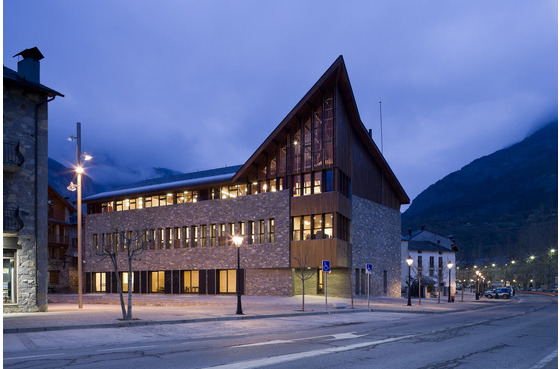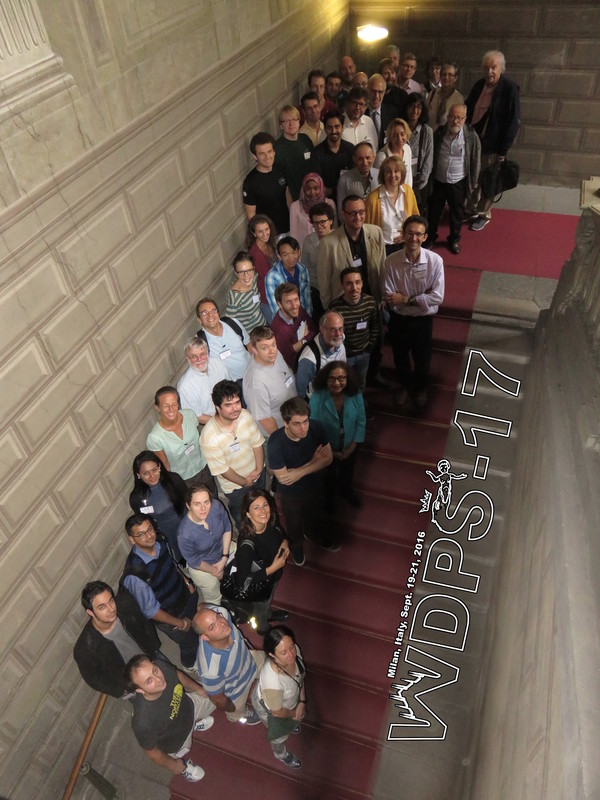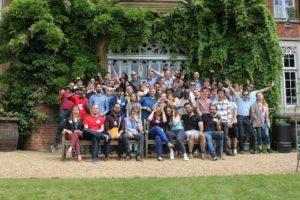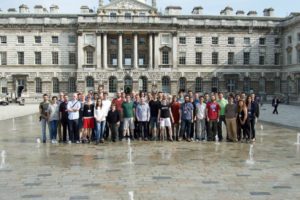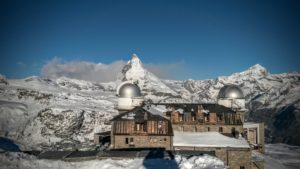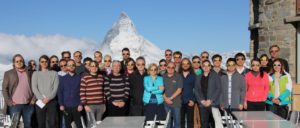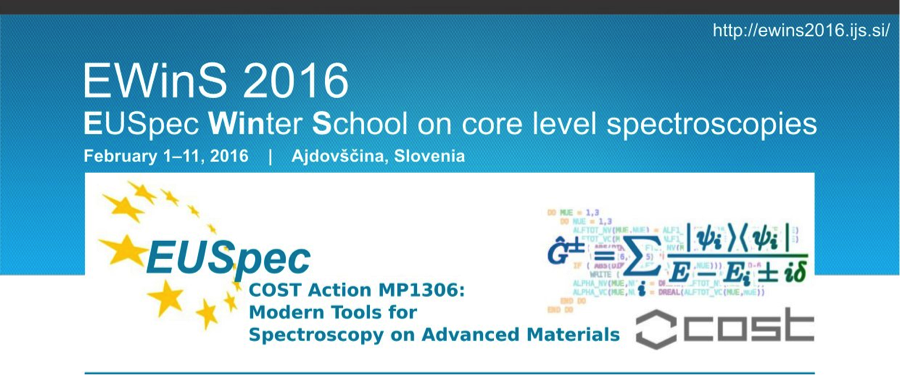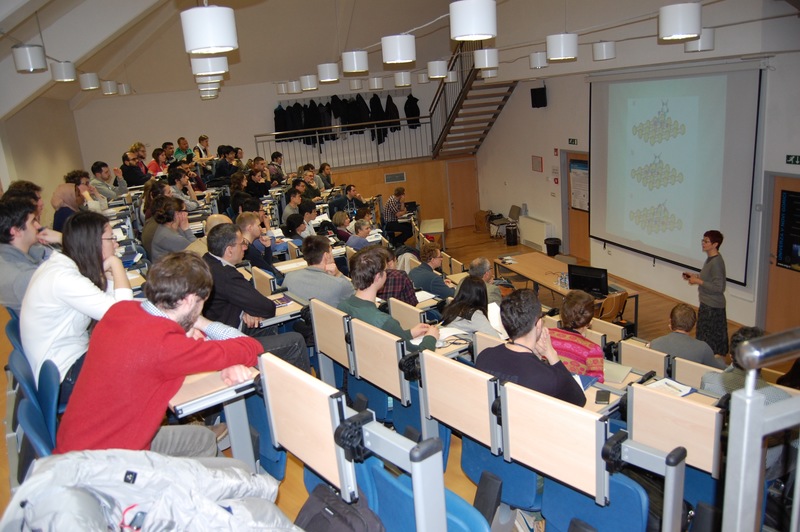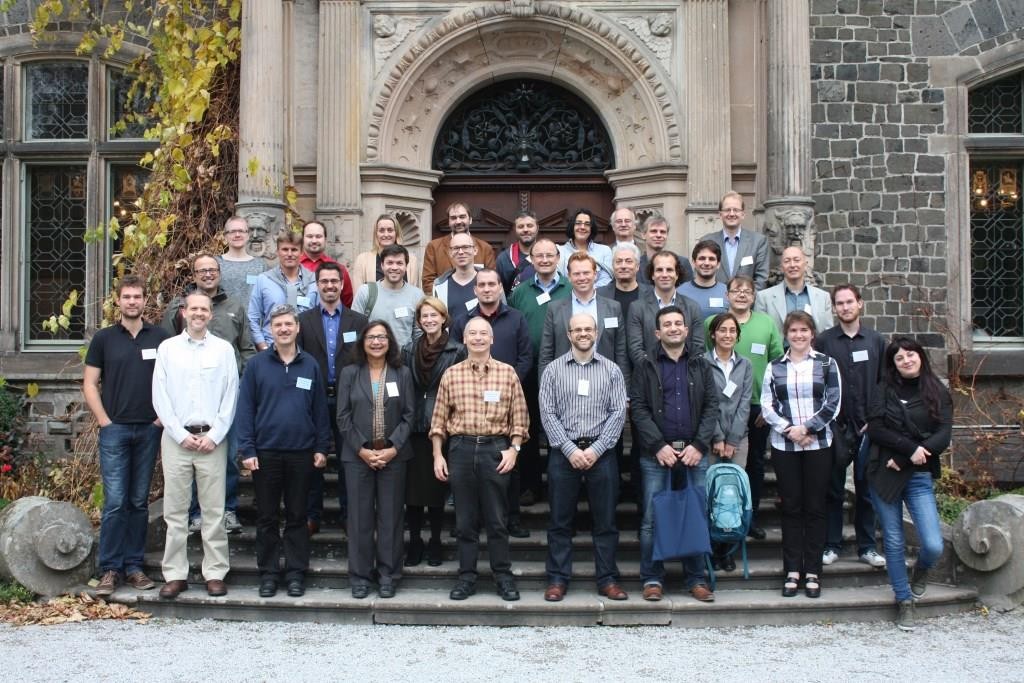ORGANIZERS
Alberto Castro
Neepa Maitra
Fernando Nogueira
Angel Rubio
E. K. U. Gross
INTRODUCTION
Time-dependent density-functional theory (TDDFT) is but one of the numerous methods used to model the electronic structure in atoms, molecules, and extended systems. Its use is growing fast, as its reliability for many purposes has been sanctioned by many successful applications over the years. The calculation of excitation energies of many varieties of molecules, and the optical absorption spectrum of many solids can be cited as examples. However, in other circumstances TDDFT has to be substituted by more accurate, yet more expensive techniques: advanced correlated post-Hartree Fock techniques, or many-body perturbation theory techniques such as any of the approximations to the solution of Hedin’s equations. Yet TDDFT, as ground-state DFT, could in principle be exact, providing inexpensive solutions to all electronic structure problemas. How can one approach this goal was the starting question for this workshop – and, in fact, it has been the motivation behind the full series of the Benasque Workshop (and School) on TDDFT, since 2004.
Continue reading 7th School & Workshop on Time Dependent Density Functional Theory: Prospects and Applications

